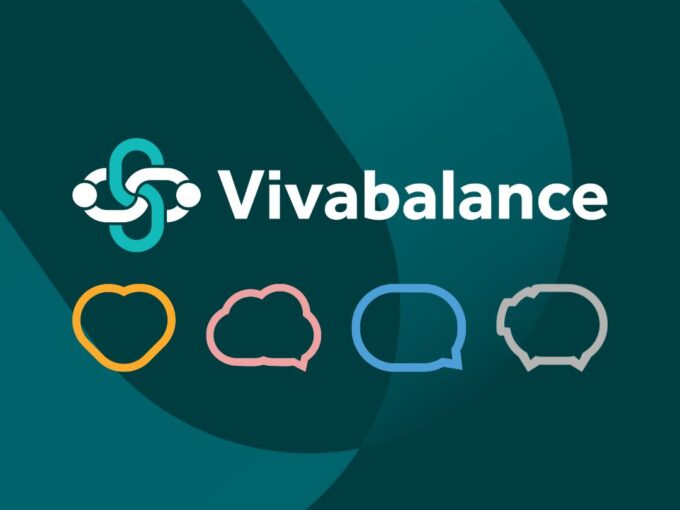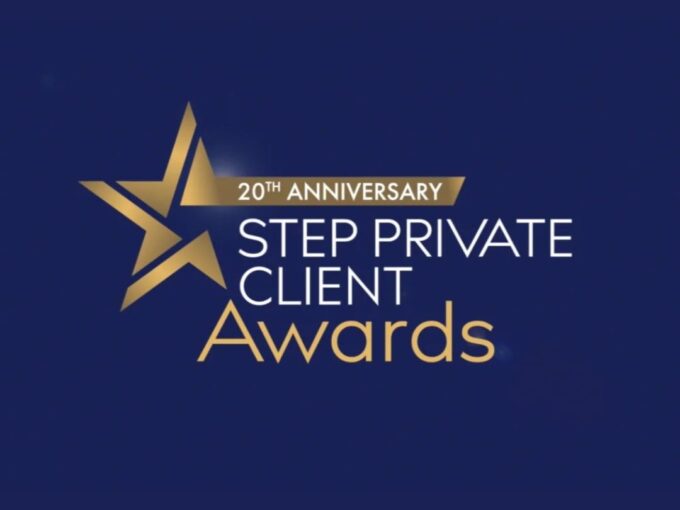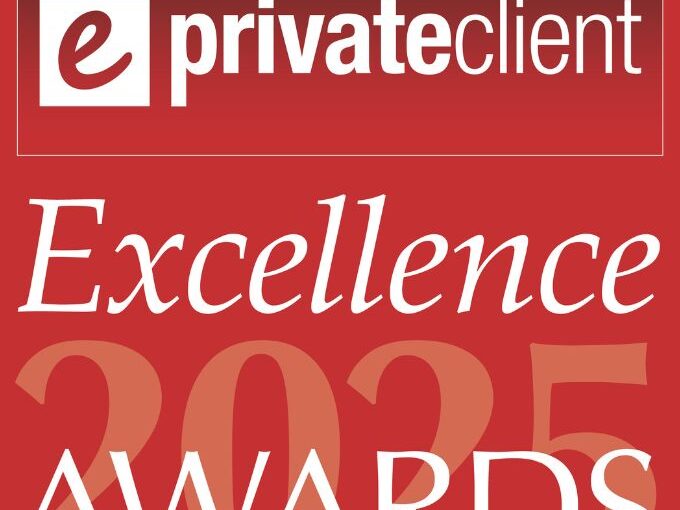Sustainability is – or certainly should be – high on the agenda for any business. However, while environmental sustainability is front of mind, employee sustainability is often overlooked.
With a firm-wide staff retention rate of 95%, employee sustainability is high on the agenda for our People and Culture team.
The core of sustainability, in any area, revolves around the principle of fulfilling the needs of the current generation without jeopardising the ability of future generations to fulfil their own needs. When putting this ethos into the context of a thriving workforce, an organisation’s culture plays a significant role in both recruitment and retention.
Businesses need to strike a balance between adapting sufficiently to appeal to an emerging generation of future leaders, increasingly driven by values, and preserving the existing situation for team members content with the status quo.
Achieving this balance requires an internal culture where change is communicated effectively and embraced collaboratively, fostering openness, adaptability, and a shared vision.
We are all familiar with the age-old question: “If a tree falls in the woods, and no one is around to hear it, does it make a sound?”. In a similar vein, if an employer is actively creating progressive policies and procedures and running employee-focused initiatives, but the staff are not made aware, can they have the desired impact?
When it comes to company culture, effective communication can have a big impact on employee perception. It is important for employers and HR professionals to be proactive in ensuring that staff are not only aware of efforts, but perceive them positively, as this directly influences engagement, satisfaction, and overall culture.
An employee sustainability strategy should be multi-faceted. There is no one-size-fits-all when it comes to people management, however with almost three decades of experience, I have found there are three essential criterion impacting recruitment and retention:
- Culture and values
- Creating a healthy work-life balance
- Career progression
Culture and values
With the next generation of workers prioritising working for a company whose values align with their own, company culture is more important than ever. For job seekers, a comprehensive benefits package and competitive salary may, potentially, be trumped by a role at a firm that prioritises staff well-being, environmental action, or community engagement.
It is simply not enough for an organisation to list ‘core values’ as a tick-box exercise; these values must underpin everything a business does.
For employers, compatible values should be a factor in recruitment decisions, to support the creation – or continuation – of a collaborative workforce. In our personal lives, we all have the freedom to build friendships and relationships with people we have things in common with, including a shared outlook on life, similar interests, or the same sense of humour. In our professional lives, the only thing we may have in common with the person next to us is that we work for the same company.
Full-time employees spend over 20% of their week with their colleagues, and compatibility is an important consideration when it comes to team dynamics. By ensuring that a firm’s core values are understood, and shared, by prospective employees, employers can help to foster an environment where individuals are more likely to build positive relationships.
Initiatives that focus on staff well-being, including physical, mental, and emotional health are fundamental to employee sustainability. From regular sports and social activities and ‘lunch’n’learn’ sessions on a broad range of topics, to supporting charitable causes or training staff in Mental Health First Aid, there are countless ways for a business to create a thriving culture that supports staff.
Creating a healthy work-life balance
What had been a slow and steady shift towards flexibility in work-life balance, was expedited following the global Covid-19 pandemic. The unprecedented legal requirement for businesses to provide remote working capabilities presented challenges which have ultimately become opportunities to offer more flexibility for staff when it comes to working location.
While working from home is not always a preferred choice for employers and employees alike, the pandemic proved that it was entirely possible for most previously office-based roles to be undertaken remotely. When restrictions were lifted, 99% of organisations surveyed saw a drop in employees’ overall job satisfaction when forced to return to work.
Hybrid working options are an excellent middle ground, offering employees flexibility while maintaining collaboration within the organisation. This approach supports employee sustainability, catering to diverse preferences and needs and attracting top talent from a wider geographical pool.
Alongside location, flexibility in hours is becoming an expectation for many staff, and firms which offer this are at a significant advantage in recruiting and retaining staff. At Saffery Trust, we opted to introduce a flexible working policy, without the restriction of core hours. Any concerns over staff perhaps taking liberties over unrestricted flexibility were quickly quelled and it became clear that hiring team members who share our core values is an effective tool for crafting a culture of integrity, respect, and trust.
Career progression
It is essential for employers to recognise that ‘success’ will mean something different to each employee. Performance and development frameworks (PADs) should consider individual career goals and learning objectives across a broad spectrum that focuses on the individual.
It is important that staff are recognised for their contributions, particularly where they demonstrate the core values of the business. For example, we have a quarterly Client Service Award scheme where colleagues can nominate each other – including non-client facing staff – for going above and beyond to deliver excellent client service. These types of initiatives, which acknowledge a wide range of contributions, help to ensure staff feel valued.
Career progression opportunities extend beyond promotions or encouraging staff to apply for internal vacancies. Employers should identify learning and development opportunities to enable success for team members. While professional qualifications are widely supported by organisations to aid career development, it is widely recognised that ‘soft skills’ also play an important role in employee development and can help give an individual the tools for dealing with complexities that may arise from a more senior role.
Supporting the development of skills including time management, conflict resolution, coping with pressure and delivering engaging presentations can contribute to building staff confidence both in their current role and to apply for more senior positions.
An ethos of putting the right person in the right place, regardless of their demographic, and based on merit is an effective approach to retain staff. Promotion decisions which only consider time-served are rapidly becoming obsolete; while this may be a contributing factor, it should not be the driving factor, otherwise younger – or more recent – team members would be disadvantaged.
Forward-thinking approach
With a reported 16% decline in job seekers in 2023, employers must take a proactive approach to offer flexibility and foster a culture that gives a competitive edge over other recruiters.
Without proactive adjustments, such as flexible work arrangements, comprehensive wellness programs, and initiatives fostering diversity and inclusion, organisations risk falling behind in attracting and retaining top talent.
Moreover, failing to prioritise sustainability efforts not only impacts employee morale and productivity but also jeopardises the company’s long-term viability in an increasingly competitive market. It is imperative for businesses to remain vigilant in addressing the evolving needs and expectations of their workforce to ensure sustained success and relevance in the modern workplace.
This article was first published in PCD Group Magazine – Issue 37











